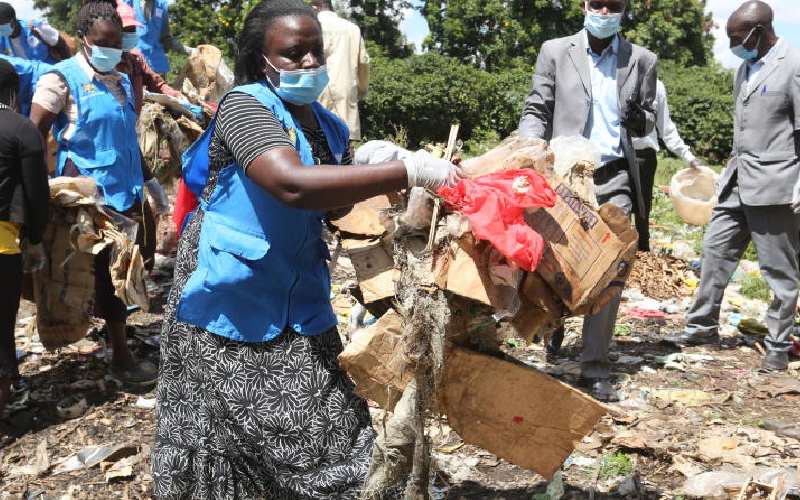×
The Standard e-Paper
Kenya’s Boldest Voice

Kenya’s Environment and Forestry Minister Keriako Tobiko was recently quoted as telling developed nations to honour their pledge to mobilise $100 billion for climate finance every year. The money should help poor countries cope with effects of climate change. Mr Tobiko, speaking in Naivasha on World Habitat Day, mentioned the G20, collectively responsible for up to 80 per cent of the global Green House Gas (GHG) emissions.